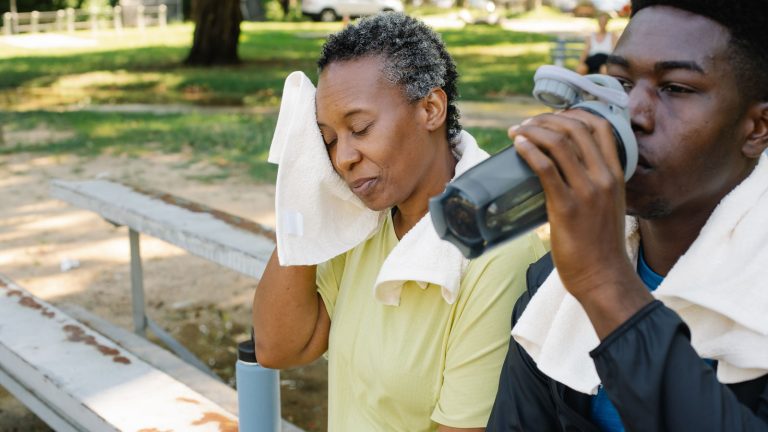Sweltering summer days may not seem as dangerous as hurricanes or wildfires. But each year, heat kills more people in the United States than any other type of weather-related disaster.
As the climate warms, the risks increase — even in northern states.
Agosto Filión: “One of the things people don’t realize is that extreme heat is one of the deadliest effects of climate change we’re already facing.”
Nathaly Agosto Filión is New Jersey’s deputy chief climate adaptation officer.
Her state has about 130 years of temperature records. The 15 hottest years all occurred after 2000.
Agosto Filión: “New Jersey is one of the fastest-warming states in the United States.”
But Agosto Fillion said many residents were unaware of the seriousness of the threat.
Fillion: “There's a feeling that I'm not affected, right? It's always hot in the summer, that's what it feels like.
So, to help educate the public, the state launched a website called Heat Hub New Jersey.
It includes fact sheets on the effects of extreme heat on physical and mental health, a quiz people can use to assess their own or a loved one's vulnerability, and tips on how to stay safe.
Agosto Fillion said the information could help improve the public's understanding of the risks and how to protect themselves.
Report source: Sarah Kennedy/ChavoBart Digital Media
We help millions of people understand climate change and what to do about it. Help us reach more people like you.
